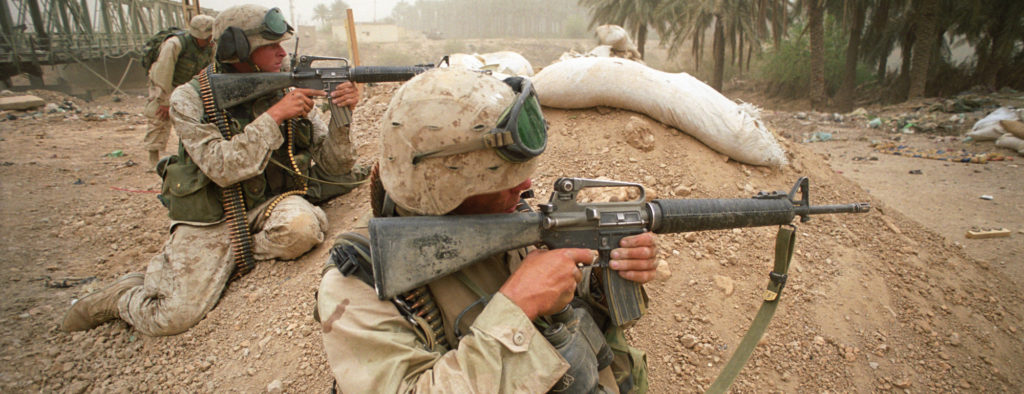Exactly 100 years ago tomorrow (28th April 1917) my maternal grandfather died in a trench in Greenland Hill, near Arras, France. He was 32 years old and was attached to the Somerset Light Infantry, although he had joined the Devonshire Regiment in 1914. At the time of his death he had been a soldier in the trenches for more than 2 years.
He left behind a young widow and two very young daughters, who had not seen him since 1914 and subsequently had no memory of him. For more than 6 months he was listed as ‘missing in action’ and the authorities and his widow and family only knew his death was confirmed when a comrade reported the circumstances of his death.
The comrade, who after the war visited my grandmother, said that on April 28th my grandfather, shot in the eye, stumbled towards the shell-hole where he was taking refuge. He bandaged his eye but an hour later, my grandfather was shot dead as they prepared to leave the shell-hole.
I was born some 22 years after his death and by that time my own father – who was a regular serviceman before the Second War started – had been sent to another part of England in preparation for the expected German invasion. We did not see each other until he returned from abroad and I was 6 years old.
One of my grandfather’s younger brothers was killed before the war ended and another brother – who had returned from Canada to enlist in the British army – was also severely wounded.
My family’s First World War casualty list was not at all unusual, but common all across Europe. One survivor on the German side was a young Adolph Hitler, by all accounts a brave soldier.
The effect on my family was devastating and long-lasting. My grieving grandmother – like most working-class people in that era – was no stranger to hardship, poverty and lack of education. She had left school at 12, but could read and write. As a war widow, she received a pension of 10 shillings a week, and for some 15 years she and her two daughters were homeless and dependent on the reluctant offers of a room here and a room there in other poor people’s houses.
The 1920’s and 1930’s were not kind to the war’s casualties. As I grew up I was daily aware of the depression, bitterness and economic hardship that the war left behind. Understandably, as a small child living in war conditions – our town was bombed and we spent black-out nights in shelters – I was preoccupied with our common survival.
But to my shame, when I entered adult life I never reflected on the consequences of the First Word War. I had little sympathy for the family that had been shattered by it and never thought about my grandfather’s trench life and painful death. I think the First World War magazines I saw and which recorded dreadful suffering and destruction in Russia, Turkey, Poland, the Balkans, Austria, Italy, France and Belgium, were best put out of mind.
Only now in old age, and much too late to ask questions of the generations gone, do I delve into my memory.
I am writing this for three reasons.
One is that today’s young Americans, many so keen to feel disadvantaged and hard-done-by, have no experience of chronic hardship and the enduring tragedies of great events.
Secondly, they care nothing for the freedoms that were passed on by the sacrifice of soldiers.
And thirdly, Donald Trump, from the first days of his campaign, placed the needs of veterans at the forefront. Trump may be a late arrival to the cause of patriotism, and he has no experience of military life, but his concern for veterans is the mark of a genuine patriot. After all, it has taken me nearly a lifetime to honor my grandfather and his brothers.
We on the Broad Right can feel confident that Trump as President will not lightly put our military in harm’s way and he will ensure that the casualties and their families are not forgotten.
Footnote
On April 12 we posted an article headed, “Syria Was Trump’s Smokescreen For North Korea”. We still maintain that dealing with NK’s threat was, and is, his objective, and that Syria was a deliberate distraction.
